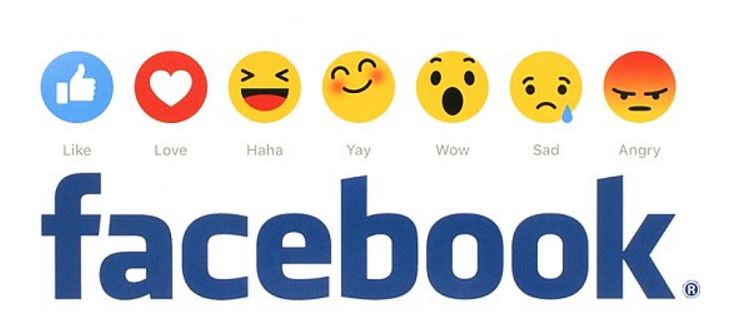
Facebook’s reactions just passed the 12-month mark since their debut, and the social giant is finally revealing how its revamped like button impacts your very own news feed. As it turns out, Facebook weighs reactions (love, haha, wow, sad and angry) over regular “likes” in determining what content to surface on your wall.
“Over the past year we’ve found that if people leave a Reaction on a post, it is an even stronger signal that they’d want to see that type of post than if they left a Like on the post,” a Facebook spokesperson said in a statement. “So we are updating News Feed to weigh reactions a little more than Likes when taking into account how relevant the story is to each person.”
To put this in other words, liking a status update signals to Facebook that it’s something you’re interested in and want to see more of. However, responding with any other available emoji, even the “negative” one like the angry face, sends an even stronger signal. At the same time, Facebook states that all reactions have somewhat the same weight to them, so current algorithms won’t be influenced based on whether you react with “love” or “sad” or “angry.” It’s just that regular (old-fashioned) likes have less importance now. It is not surprising that Facebook would adjust the algorithm to account for reactions, they mentioned it from the very beginning that the new emojis would serve as a new metric tool. After all, responding with a reaction takes an extra click vs. just tapping “like.” We do find it interesting that all reactions are treated equally (at least for now). A Facebook spokesman said that “love” is far and away the most popular of all reactions, accounting for more than half of all reactions shared on the platform.
The update also raises the question of whether data about clicked reactions could be used for marketing or other purposes outside of news feed. This new tracking tool will also raise red flags with privacy groups. One artist even went so far as to create a dedicated Chrome extension that randomly selects a reaction each time you hit the “like” button in order to hide your true feelings from Facebook. While the mentioned plugin may hide your feelings, it also may make you look really insensitive once it chooses a “HaHa” emoji on a memorial post of one friends or family members (gulp!).
Regardless of how you feel about the reactions, the update serves as a good reminder that just about every action you take on the social network influences what you see on your wall.